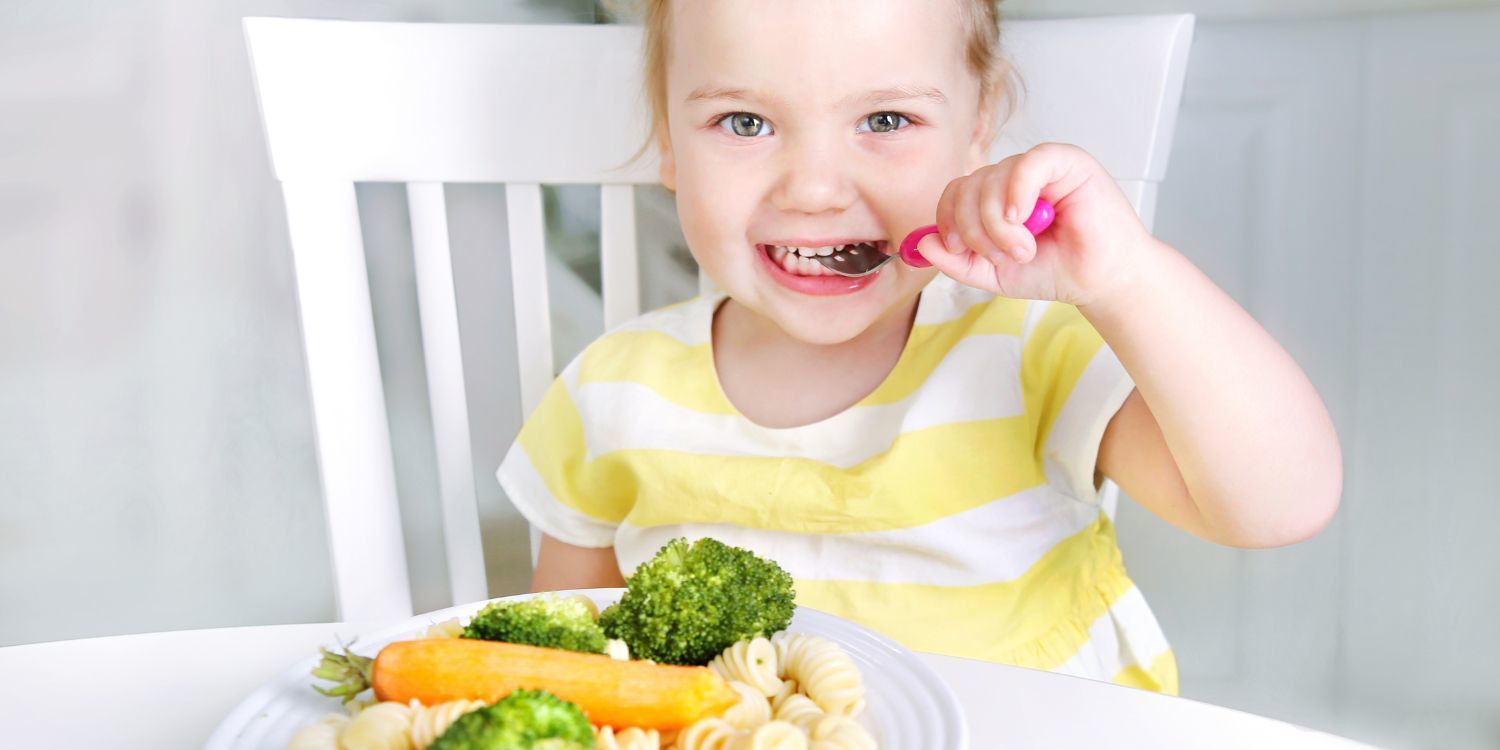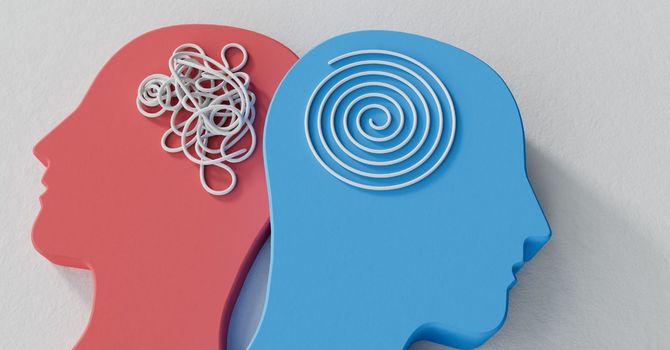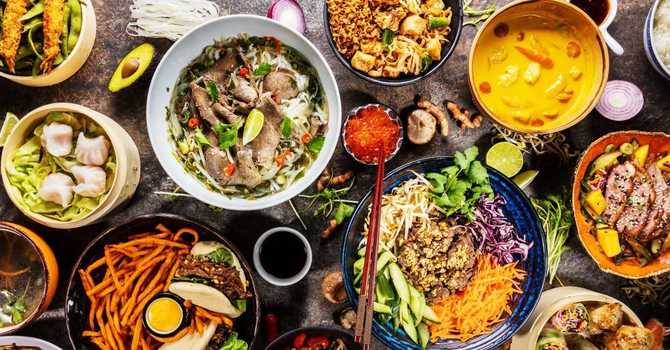
As we journey through Chapter 5 of "The Better Brain" by Kaplan and Rucklidge, we unearth practical advice that transcends academic theory and enters the nitty gritty of our daily lives. This part of the book is a clarion call to each of us, a guide on how to practically implement nutritional changes that can anchor our mental health in the tricky waters of modern living - fast food, ultra processed food, and busy lives.
The Mediterranean and whole foods diets emerge as unwavering champions for optimal brain health. Imagine walking through a market, the air filled with the earthy scent of fresh produce, as you fill your basket with vibrant fruits and vegetables, nuts, and grains. This scene is not just a picture of simplicity but a snapshot of a potent mental health strategy.
If this feels like a leap from your current dietary habits, the authors offer a lifeline: start small. Perhaps you swap out sugary breakfast cereals for a bowl with oats, seeds, and a handful of berries. Or you exchange an afternoon of snacking on processed foods for crunching on carrot sticks and hummus.
The challenge of changing our diet, especially when mental health issues weigh us down, can seem daunting. Kaplan and Rucklidge understand this and suggest that supplements might be a starting point to elevate your mood to a place where making dietary changes feels achievable.
Now, let me share a slice of my own journey. I remember when my days were a fog of anxiety and low moods. The turning point came when I started to look at food as more than just sustenance but as a tool for healing. Small swaps, like trading my soda for sparkling water with a squeeze of lemon, made a surprising difference. The zest of the lemon became a flavor of change for me, a daily reminder that I was taking steps towards a healthier mind.
The authors highlight the need for support on this journey. Talk to friends, find a community, hire a dietitian, or even join a cooking class. And if a fast-food meal finds its way onto your plate, be kind to yourself, it's okay to eat unhealthy every once in a while - don’t get hooked into a shame cycle when you eat fast food. It’s about an intentional balance.
When you're ready, consider your 'why'. This is the personal bedrock upon which your changes rest. For me, it was about clarity of thought and the ability to engage with life more fully from a place of joy. What's your 'why'? Perhaps it's to have more energy to play with your kids, the desire to manage stress better, dream of sleeping better, maybe even getting rid of nausea or another ailment you feel may be advanced due to diet. It’s all about starting small, giving yourself grace and being intentional. I look forward to continuing our journey next week. Baby steps are the best steps folks!
Action: Visit https://eckertcentre.com/pages/revive-wellness-services to learn more about our partnership with Revive Wellness (Registered Dietician services) and book your free consultation to see how they can help your family improve mental health through food.
Madison is a Psychology Assistant; Digital Marketing Assistant at Eckert Centre. She's currently deepening her understanding of psychology at the University of British Columbia. Madison brings her passion for mental health to our community through her writing. As our blogger in residence, her contributions offer a fresh perspective and shed light on the importance of mental wellbeing. We are grateful for her eloquent words and the insights she shares on her journey towards cultivating a "Wise Self." For more insights, information, or to book an appointment, please visit www.eckertcentre.com or reach out to our team at info@eckertpsychology.com.
Works Cited
Kaplan, Bonnie J., and Julia J. Rucklidge. The Better Brain: Overcome Anxiety, Combat Depression, and Reduce ADHD and Stress with Nutrition. Mariner Books, 2022.




